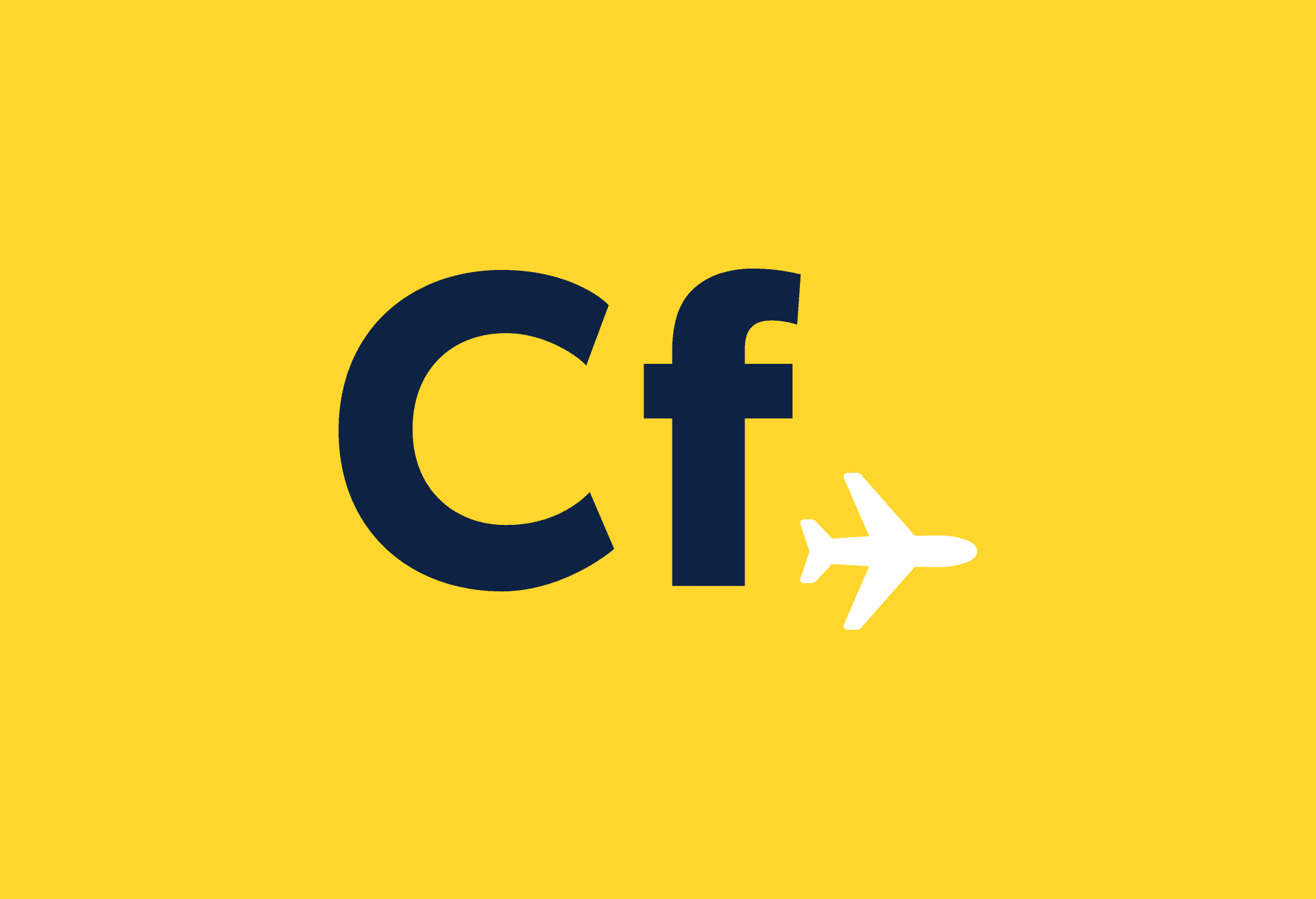Airlines could be forced to pay compensation to passengers whose flights are delayed, following a ruling by the European Court of Justice.
The court upheld a previous decision which stated that passengers are entitled to financial compensation if their flight is delayed by three hours or more.
Depending on the length of the flight, passengers are entitled to between €250 and €600 (approx £200 and £480) in compensation, as well as meals and refreshments, and free phone calls or emails.
These measures have been in place since 2009, yet a challenge by a number of British airlines in 2010 has seen all UK claims put on hold.
The European Court of Justice has rejected the appeal by British Airways, easyJet, Tui Travel and IATA to avoid paying out.
“While we are disappointed at the outcome we welcome the judgement which provides much-needed clarity on this matter,” a spokesman for easyJet said.
The landmark ruling will see passengers whose flights are severely delayed receive the same compensation as those whose flights are cancelled – apart from in “extraordinary circumstances”.
While the ruling outlined that mechanical problems do not constitute “extraordinary circumstances”, events such as bad weather, industrial action or political instability would exempt the airline from liability.
Not only that, but Raymond Veldkamp, head of Flight Delayed, an EU-wide service which helps consumers get compensation, has said that airlines may still make it hard for passengers to claim the money they’re entitled to.
“Most of the time [passengers] get fobbed off with vouchers for a free meal or a refreshment, while in reality they are legally entitled to a much higher compensation,” he said.
While there are concerns that the ruling will do little to change what passengers are able to claim for, the Civil Aviation Authority (CAA) has said that it will help passengers figure out their rights once and for all.
“Today’s judgment from the Court of Justice of the European Union offers much needed clarity for passengers, the airline industry and the CAA about when compensation must be paid following delays,” said Iain Osborne, CAA Director of regulatory policy.
“When something does go wrong, there are regulations in place to protect travellers, and the CAA is ready to ensure companies abide by them.”


